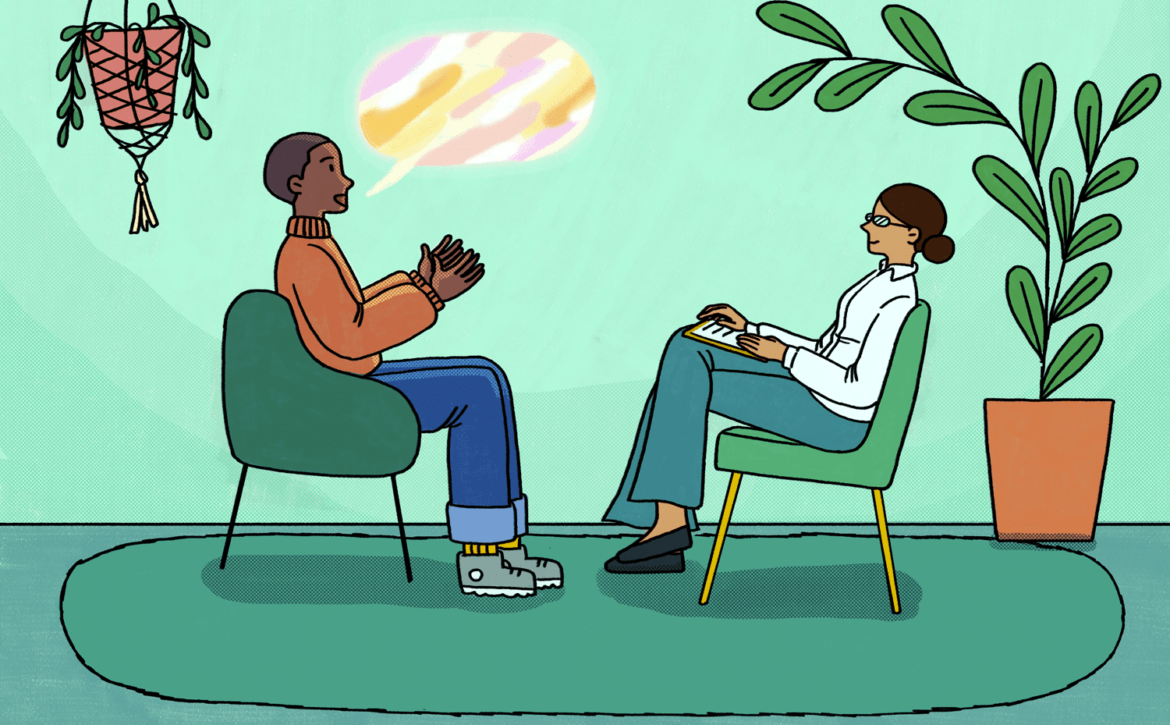What Is the Average Cost of Psychology Services in Canada?
In the mosaic of Canada’s diverse landscapes, there exists a silent yet crucial facet that demands attention — the state of mental health. As our understanding of mental well-being evolves, so does the significance of psychology services in fostering a healthier society. At the heart of this exploration lies a pressing question for those seeking therapeutic support: What Is the Average Cost of Psychology Services in Canada?
Embarking on a journey to prioritize mental health is an investment — an investment in personal growth, resilience, and overall well-being. In this exploration, we will unravel the intricacies of psychology services in the Great White North. From the bustling streets of Hamilton, Ontario, to the serene landscapes of British Columbia and the close-knit communities of Atlantic Canada, we’ll navigate the cost landscape to empower individuals in making informed decisions about their mental health journey. Join us as we delve into the financial tapestry of mental health investment in the quest for a healthier and more resilient Canada.
Understanding the Landscape
Canada, known for its diverse provinces and territories, has a varied landscape when it comes to the cost of psychology services. The factors influencing these costs include the location, the therapist’s experience, and the type of services offered. Hamilton, situated in the province of Ontario, provides a unique lens to explore the average costs and trends in psychology services.
Ontario: A Microcosm of Diversity
Ontario, being the most populous province in Canada, offers a spectrum of psychology services with a range of costs. In Hamilton, you’ll find an array of therapists, psychologists, and counselors catering to the diverse needs of the community.
The average cost for psychology services in Hamilton, Ontario, typically falls between $100 and $200 per session. However, this range can vary based on several factors. Therapists with extensive experience and specialized expertise may charge higher fees, while those in the early stages of their careers or offering specific services might have lower rates.
Additionally, the type of therapy can influence costs. Traditional one-on-one counseling sessions may have a different price point than group therapy, couples counseling, or specialized therapeutic interventions.
Quebec: A Different Approach
Crossing over to Quebec, you’ll find a different approach to psychology services. The province, with its unique cultural and linguistic identity, has its own set of dynamics when it comes to mental health care.
In cities like Montreal, psychology services are often offered in both French and English, reflecting the bilingual nature of the province. The average cost per session in Quebec can range from $80 to $150, making it relatively more affordable compared to some other provinces.
However, it’s essential to note that the cost may vary not only by province but also within regions. Factors such as the therapist’s reputation, demand for services, and the type of therapy offered all contribute to the overall pricing structure.
British Columbia: West Coast Wellness
On the west coast of Canada, British Columbia is known for its stunning landscapes and a strong focus on holistic well-being. In cities like Vancouver, psychology services are in high demand, and the cost per session reflects the region’s lifestyle and economic factors.
The average cost for psychology services in Vancouver can range from $120 to $250 per session. The higher end of the spectrum is often associated with therapists who have extensive experience, advanced degrees, or specialized training.
Atlantic Canada: Community-Centric Care
As we move towards the Atlantic provinces, characterized by their close-knit communities and maritime charm, the approach to mental health care takes on a community-centric focus. Cities like Halifax in Nova Scotia offer psychology services with an emphasis on accessibility and support.
The average cost per session in Atlantic Canada tends to be slightly lower than in larger urban centers. Sessions may range from $80 to $150, making mental health care more accessible to a broader demographic.
Navigating Costs in Hamilton
Returning to Hamilton, let’s delve deeper into the factors that influence the average cost of psychology services in this vibrant city.
Experience and Expertise
Psychologist Hamilton, with years of experience and specialized expertise, may charge higher fees. If you’re seeking a therapist with a particular specialization, such as trauma-informed care or cognitive-behavioral therapy, be prepared for a potentially higher cost.
Type of Therapy
The type of therapy you choose can impact the overall cost. Individual counseling sessions may have a different price point than group therapy, family counseling, or other specialized interventions. Discussing your needs with potential therapists can help you understand the pricing structure. Considering therapy in Canada? Check out “How Much Does Therapy Cost in Canada” to guide you in choosing mental health support that is accessible and attainable.
Accessibility and Affordability
Some therapists in Hamilton may offer sliding scale fees or have a limited number of spaces available for reduced-cost sessions. It’s worth inquiring about these options if cost is a significant concern for you.
Location and Facilities
The location of the therapy practice and the facilities it offers can influence costs. Therapists practicing in more upscale or centrally located areas may have higher overhead costs, which can be reflected in their session fees.
Insurance Coverage
Check whether your insurance plan covers psychology services. Some therapists in Hamilton may accept direct billing from insurance providers, making the process more convenient for clients. Understanding your insurance coverage can significantly impact out-of-pocket expenses.
Conclusion
Navigating the landscape of psychology services in Canada, particularly in Hamilton, involves considering a multitude of factors. The average cost per session varies not only by province but also within regions, reflecting the diverse economic and cultural dynamics of the country.
As you embark on your journey to prioritize mental health, it’s essential to find a balance between your budget and the quality of care you seek. Hamilton, with its array of experienced therapists and diverse offerings, provides a supportive environment for individuals seeking psychology services.
Ready to redefine your mental health journey in Canada? Step into a realm of personalized support and transformative experiences with Cedarway Therapy services. Embrace a path where understanding the average cost of psychology services becomes a gateway to a healthier, more empowered version of yourself. Connect with Cedarway Therapy today, where your well-being takes center stage.
FAQs: What Is the Average Cost of Psychology Services in Canada?
What factors influence the average cost of psychology services in Canada?
The average cost is influenced by various factors, including the therapist’s experience, specialization, location, and the type of therapy offered, with prices ranging from $80 to $250 per session.
Are there affordable options for psychology services in Hamilton, Ontario?
Yes, in Hamilton, some therapists offer sliding scale fees or reduced-cost sessions to enhance accessibility, ensuring that individuals with varying budgets can access quality mental health care.
Do insurance plans cover psychology services in Canada?
Many insurance plans in Canada cover psychology services, but it’s important to check your specific policy. Some therapists in Hamilton may offer direct billing to insurance providers for added convenience.
How do different provinces in Canada compare in terms of psychology service costs?
The average cost per session varies across provinces, with Ontario’s Hamilton ranging between $100 and $200, while costs in Quebec may be slightly lower, ranging from $80 to $150 on average.
What is the impact of a therapist’s expertise on the cost of services?
Therapists with extensive experience and specialized expertise often charge higher fees. Clients can choose a therapist based on their specific needs and budget, understanding that the investment in mental health is invaluable for long-term well-being.











